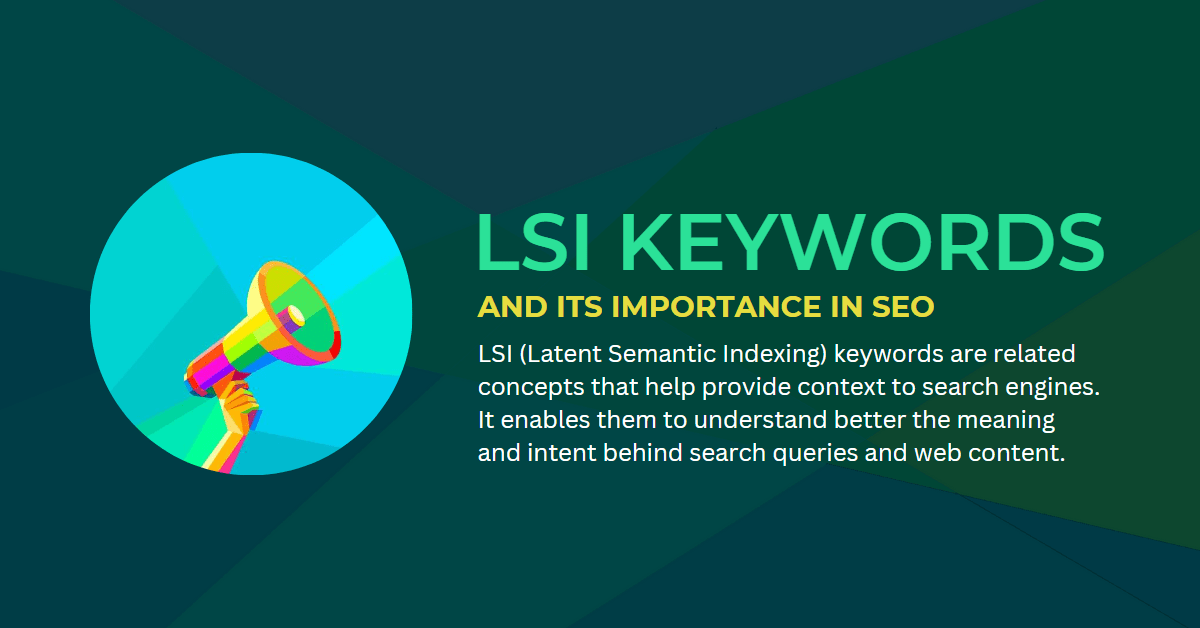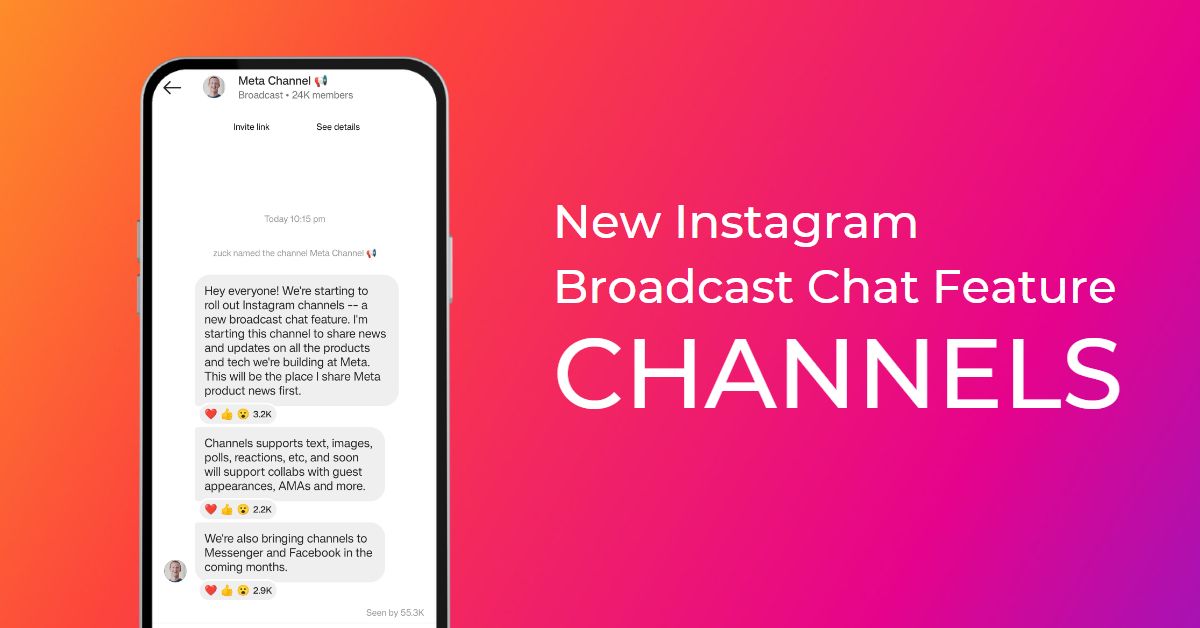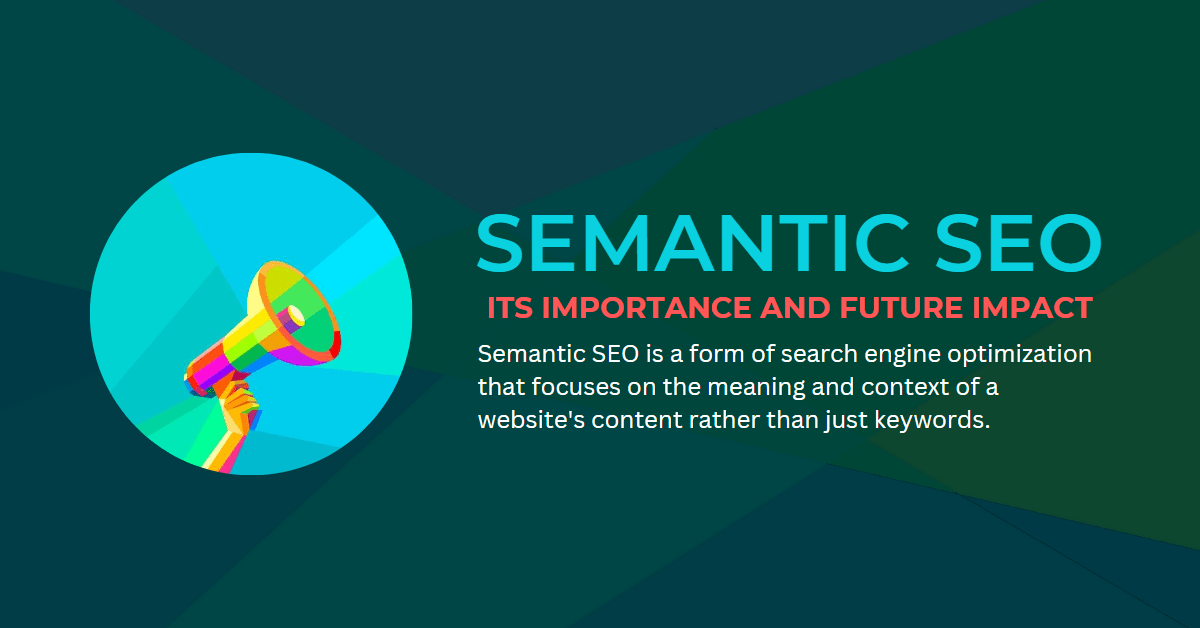As search engines continue to evolve, the use of LSI keywords in SEO is becoming increasingly important.
Latent Semantic Indexing keywords are related concepts that help provide context to search engines. It enables them to understand better the meaning and intent behind search queries and web content.
In this article, we’ll explore the role of semantic keywords in SEO, and their importance in semantic search and natural language processing. You will learn useful tips and best practices for incorporating them into your content strategy. We’ll also examine the impact of LSI keywords on click-through rates and user engagement, and take a look at its future in SEO.
What are LSI Keywords?
LSI keywords are words and phrases that are closely related to a primary keyword or topic.
They are not just synonyms, but rather concepts that are related to the primary keyword.
For example, if the primary keyword is “dog food,” related keywords might include “nutrition,” “ingredients,” “brand,” and “quality.”
The use of semantic keywords helps search engines better understand the context and meaning of web content.
By providing additional context to search engines, semantic keywords can improve the relevance and authority of your content. Further, it can help you achieve better search engine rankings.
Why Are LSI Keywords Important in SEO?
There are several reasons why LSI keywords are important in SEO:
Improving Content Relevance
By including relevant keywords in your content, you can improve the relevance of your content to users. This can help improve your search engine rankings and attract more organic traffic to your website.
Providing Additional Context
Similar keywords can help provide additional context to search engines. It enables them to understand better the meaning and intent behind search queries and web content. This can help improve the accuracy of search results and provide a better user experience.
Voice Search Optimization
LSI keywords can help optimize your content for voice search by providing additional context to longer, more conversational search queries.
The Role of LSI Keywords in Semantic Search and Natural Language Processing
Semantic search is the process of understanding the meaning behind a search query and returning results that are relevant to the user’s intent, rather than just matching keywords. LSI keywords play an essential role in the semantic search by providing additional context to search engines.
For example, if someone searches for “best coffee shop,” the search engine will not only look for pages that contain those exact words but also pages that contain related keywords like “cafe,” “espresso,” “latte,” “barista,” and so on.
By including relevant keywords, you can increase the likelihood of your content being included in the search results.
Natural language processing (NLP) is another area where LSI keywords can be valuable. NLP is the ability of computers to understand and interpret human language. Semantic keywords can help improve the accuracy of NLP algorithms by providing additional context to the meaning of words and phrases.
How to Find LSI Keywords for Your Content
Here’s a step-by-step guide to easily find relevant keywords for your content:
- Identify your primary keyword or topic.
- Use free tools like Google Autocomplete, Google Trends, and related searches to identify relevant keywords for your content.
- Analyze the top-ranking pages for your primary keyword to see what keywords they are using. You can use tools like SEMrush or Ahrefs to analyze the content of top-ranking pages and identify relevant keywords.
- Use keyword research tools like Google Keyword Planner, Moz Keyword Explorer, or Ubersuggest. They will help you identify additional keywords related to your primary keyword or topic.
- Use semantic analysis tools like LSIGraph or SemanticPro to identify additional keywords based on semantic relationships between words and concepts.
Best Practices for Incorporating Semantic Keywords into Your Content Strategy
Here are some best practices for incorporating LSI keywords into your content strategy:
- Use keywords naturally: Don’t force keywords into your content in a way that doesn’t make sense.
- Include semantic keywords in your headings and subheadings: Including related keywords in your headings and subheadings can help provide additional context to search engines. It will improve the relevance of your content.
- Meta descriptions: Including LSI keywords in your meta descriptions can help improve the click-through rate of your search results by enticing users to click.
- Link relevant content: Linking related content within a topic cluster using similar keywords can help improve the user experience.
- Optimize for voice search: As more people use voice search, optimizing your content for conversational LSI keywords can help improve the relevance and accuracy of your content for voice search queries.
Analyzing the Impact of LSI Keywords on Click-Through Rates and User Engagement
Several studies have shown that using LSI keywords can improve click-through rates and user engagement. In one study by Backlinko, pages that included at least one LSI keyword ranked higher in search results and received more organic traffic than pages that didn’t use LSI keywords.
Another study by Moz found that including relevant keywords in your content can help improve the relevance and authority of your content, leading to higher search engine rankings and increased user engagement.
The Future of LSI Keywords in SEO: Predictions and Trends to Watch
As search engines continue to become more sophisticated, the use of LSI keywords is likely to become even more important in SEO. Here are some predictions and trends to watch:
Increased focus on natural language processing
As search engines continue to improve their ability to understand natural language, the use of LSI keywords will become even more important in providing meaning to search queries.
Voice search optimization
As more people use voice search, optimizing content for conversational keywords will become increasingly important.
Topic clusters
As search engines continue to prioritize content that is organized into topic clusters, the use of LSI keywords to link related content within a cluster will become more important.
Machine learning and AI
As machine learning and AI continue to evolve, the use of semantic keywords to improve the accuracy and relevance of search results will become even more important.
Debunking Common Myths and Misconceptions About LSI Keywords
There are several common myths and misconceptions about LSI keywords. Here are a few of them, along with the truth:
- Myth: LSI keywords are just synonyms.
Truth: Semantic keywords are related concepts that provide additional context to search engines. It helps them to understand better the meaning and intent behind search queries and web content.
- Myth: You should use as many similar keywords as possible.
Truth: Using too many keywords can make your content sound unnatural. It may even be seen as keyword stuffing by search engines. Use related keywords in a way that enhances the user experience and provides additional context, but don’t overdo it.
- Myth: LSI keywords are the only factor that affects search engine rankings.
Truth: While keywords are an important factor in search engine rankings, there are many other factors that also play a role. It includes the quality and relevance of your content, backlinks, and technical SEO factors.
- Myth: LSI keywords can replace traditional keyword research.
Truth: Semantic keywords should be used in addition to traditional keyword research, not as a replacement. You should still focus on using relevant primary keywords in your content.
Conclusion
LSI keywords are an important aspect of SEO and content strategy.
Incorporating relevant keywords into your content strategy can help improve your search engine rankings, increase organic traffic, and improve user engagement.
By understanding the best practices for using semantic keywords and staying up-to-date with the latest trends and predictions, you can stay ahead of the competition and ensure your content remains relevant and effective in the ever-evolving world of SEO.






